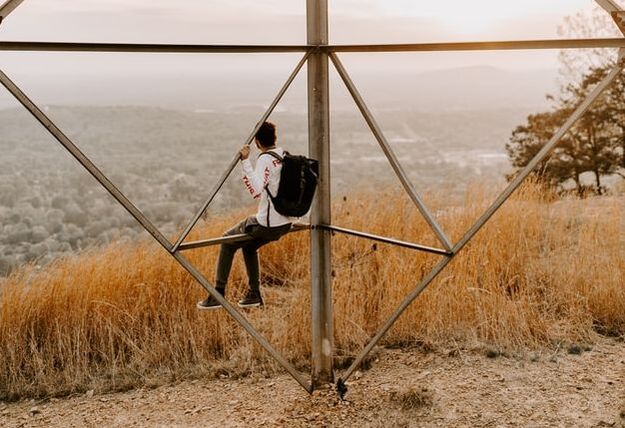Awe: Definition, Words, & Psychology ResearchAwe is one of our most powerful – but rarely experienced – emotions. This article will help you understand the power of awe and how to increase its presence in your life.
And yet, all of us are inexplicably drawn to moments that take us out of routine. Moments of (often delightful) surprise; moments we can’t fully understand or explain; moments that, in retrospect, we might even identify as turning points in our lives. These moments may not come often, but they are striking when they do. They jolt us out of routine, make us question our world; they change us. Many of these are moments of awe. So let’s learn about the phenomenon known as awe.
Before reading on, if you're a therapist, coach, or wellness entrepreneur, be sure to grab our free Wellness Business Growth eBook to get expert tips and free resources that will help you grow your business exponentially. Are You a Therapist, Coach, or Wellness Entrepreneur?
Grab Our Free eBook to Learn How to
|
Are You a Therapist, Coach, or Wellness Entrepreneur?
Grab Our Free eBook to Learn How to Grow Your Wellness Business Fast!
|
Terms, Privacy & Affiliate Disclosure | Contact | FAQs
* The Berkeley Well-Being Institute. LLC is not affiliated with UC Berkeley.
Copyright © 2024, The Berkeley Well-Being Institute, LLC
* The Berkeley Well-Being Institute. LLC is not affiliated with UC Berkeley.
Copyright © 2024, The Berkeley Well-Being Institute, LLC




